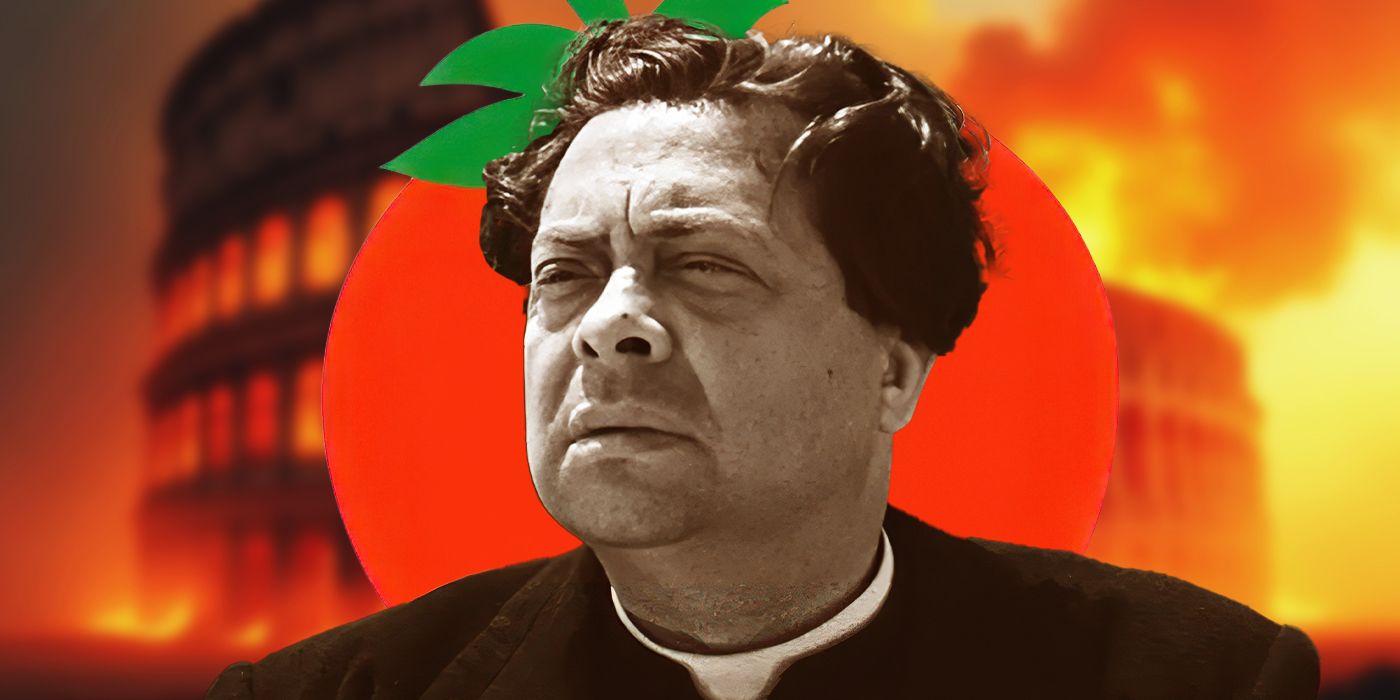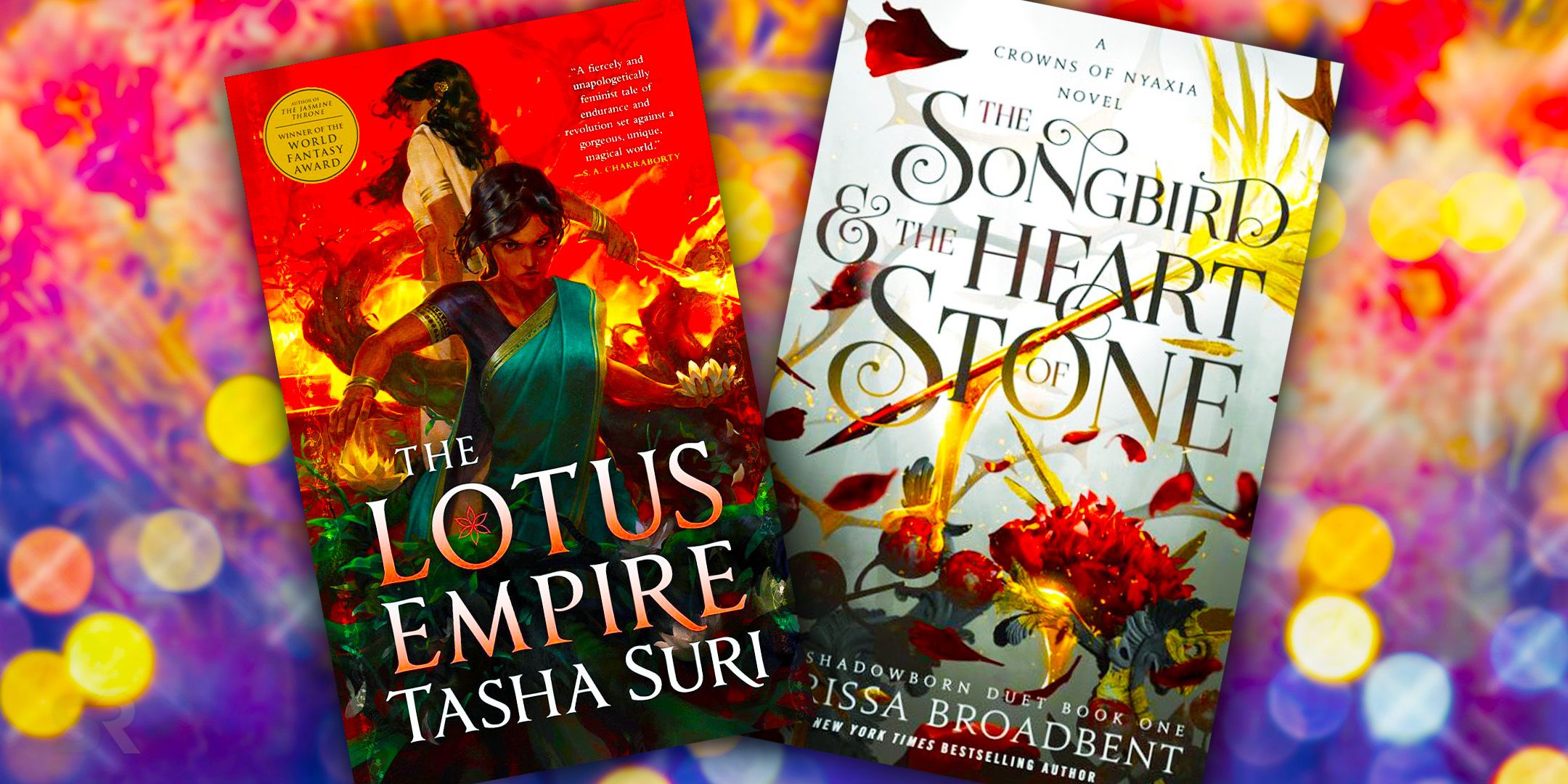On June 6th, 1944, 160,000 Allied soldiers landed on occupied France via parachute, glider, and watercraft, in order to liberate Western Europe from the Nazis. It is an event that is almost legendary in its scale and consequences, so it is little wonder that filmmakers have visited the subject time and again. From The Longest Day in 1962 to Steven Spielberg’s brilliant opening scene in Saving Private Ryan, directors have used the beach landings to show heroism and bravery against harrowing odds. While there certainly were heroes on that terrible day, those stories were not what interested British director Stuart Cooper when he set out to make his own D-Day film, 1975’s Overlord. Instead, Cooper delivers a more intimate, grittier, and tragically accurate historical fiction, one that will stay with audiences long after the credits roll.
‘Overlord’ Examines World War II Through an Intimate Lens
The name Overlord actually comes from the Allied codename for the invasion of Normandy during World War II. The film sets this expectation for the big day from the start, with the name blatantly informing the audience about what the movie is leading up to. In stark contrast to the gravity and size of Operation Overlord, audiences are introduced to an "everyman" recruit named Thomas Beddows (Bryan Stirner). Beddows is an Englishman who joins up with the British Army, undergoes basic training, and anxiously awaits his assignment in the war. The length and breadth of the film is spent, not with Beddows taking cover from German guns, but rather, taking scoldings from drill sergeants. Beddows does all the things viewers expect during the first quarter of a typical war film; he trains, he talks about life after the war with his mates, and he even dances with a woman and plans to take her out on a date. Only in Overlord, this period of pre-combat makes up the bulk of the film.

Related
This World War II Classic With 100% on Rotten Tomatoes Takes You Inside The Resistance
The Oscar-nominated war drama was applauded for its authenticity and neorealist approach.
Instead of intricately shot combat scenes with hundreds of extras, Cooper relies heavily on archival footage of actual soldiers and implements of war. Intercut with the “live action” shots are real scenes of bombings, Nazi rallies, and troops and tanks on the march — adding to the realistic nature of the movie. In order to avoid visual whiplash, Cooper actually tracked down period-correct camera lenses from the 1930s and 1940s, so the look of his new footage would match the stock films. All of these scenes are woven seamlessly throughout the narrative, with Beddow's troubled dreams being particularly wrought with grizzly visions of war. This gives Overlord an authentic look that also feels quite dreamy and nostalgic, making the events portrayed all the more sad to watch.
‘Overlord’ Subverts Expectations for a Devastatingly Impactful Conclusion
It is impossible to talk about Overlord without discussing its infamous ending, so anyone who would like to watch the film first should be aware of spoilers coming up. As mentioned above, most movies about D-Day give audiences a sort of hero to follow up the beach. Hundreds of soldiers die around our hero, but he always makes it, giving viewers a sort of proxy through the battle. But in Overlord, after spending more than an hour and a half with Private Beddows, the young man is shot in the head before he even steps off the landing craft. This scene is an absolute gut punch, leaving the viewer feeling completely devastated, if not a bit numb. Much in the same way that The Deer Hunter shows the deep friendship of the four leads before throwing them into The Vietnam War, Cooper gives us a portrait of a decent young man with a whole life ahead of him before unceremoniously cutting him down in the final minutes of the movie. As deeply depressing as it is, this is just what Overlord is trying to accomplish. Thomas Beddows is just one of the literal millions of young men across the world who lost their lives similarly during that terrible war.
Stuart Cooper’s Overlord is an epic of a very different sort than other war films. It does not dazzle with its effects, and it does not show the hell of battle through the eyes of a hero. Instead, Overlord chooses to represent the ordinary, almost forgotten soldier that falls without a word. Every extra in a war movie that dies in the background represents another Thomas Beddows, and Overlord was made for those lost lives. Everybody ought to see this film at least once, and remember that war is not fought by mythological heroes, but by ordinary people.
Overlord is currently available to stream on Max in the U.S.







:quality(85):upscale()/2024/11/04/810/n/1922564/da875c20672911f51e8a59.58915976_.jpg)

 English (US) ·
English (US) ·